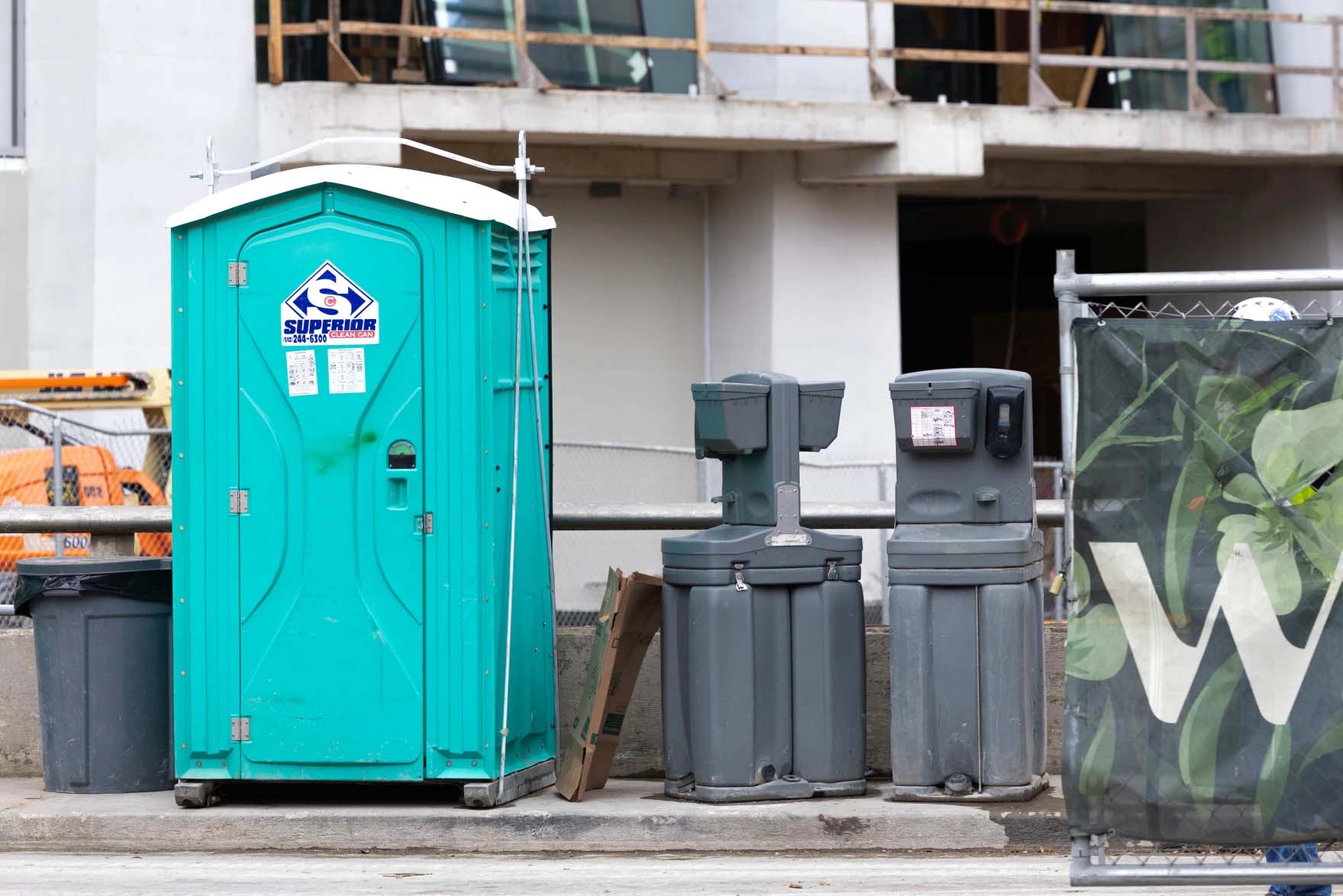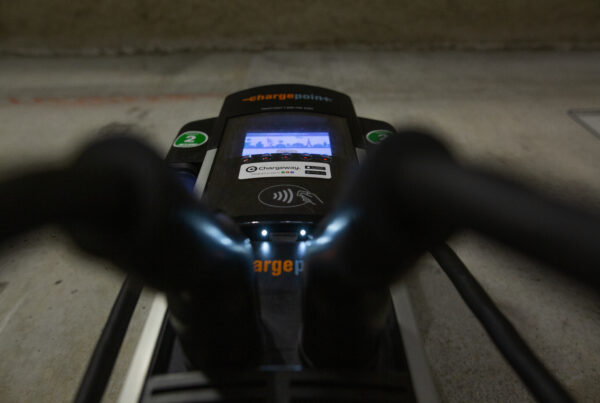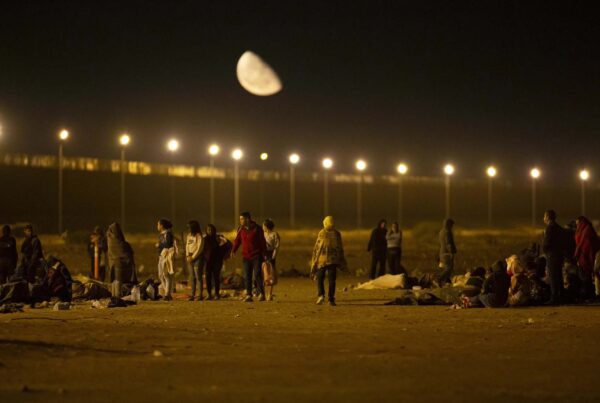From KUT:
Cities and businesses in Central Texas expect hundreds of thousands of visitors to descend on parks and outdoor spaces next week to witness the few minutes when the moon will completely obscure the sun.
At some point, all of those people will need to use the bathroom.
Companies that rent portable toilets in Central Texas said they have experienced historic demand for their products as folks plan eclipse parties on ranches, in parks and even in backyards.
“We will have less available inventory [during the eclipse] than we’ve had any weekend in the history of our time in Texas,” said Jamie Gunderson, the Central Texas operations manager for the portable toilet rental service Honey Bucket.
Representatives for several rental services in the greater Austin area told KUT they began receiving requests for porta potties and bathroom trailers from individuals and municipalities last summer, with demand exploding early this year. One company said demand had been this high only once before: during Winter Storm Uri in 2021, when much of Austin went without running water for a week.
Cap City Rentals, a service that bills itself as “the ultimate luxury bathroom rental experience,” is already completely sold out. Steve Messana, one of Cap City’s owners, said turning away potential customers from his small business has been painful, but necessary.
“The problem isn’t just about equipment availability, but a concern for being able to move around Central Texas and make the deliveries, pick-ups and service the units, as from the sound of it, the traffic may be debilitating,” he said in an email. “Many of our customers requesting rentals are in places like Llano, Wimberly, Hye, Fredericksburg and Burnet, which are difficult places to get to without the predicted influx of traffic.”
Planning ahead for potties
Among the municipalities that started planning early was Dripping Springs, a small town of 7,000 nestled along Highway 290 that refers to itself as “the gateway to the Hill Country.” Dripping Springs will be in the path of totality for 3 minutes. It will also be in the path of traffic headed from Austin to Fredericksburg.
Lisa Sullivan, Dripping Springs’ people and communications director, co-chairs the city’s eclipse task force, which began meeting around two years ago. Members reached out to small towns in the path of totality during the 2017 total eclipse, which arced from Oregon to South Carolina.
“There were three things that were important: one was educating the public, two was providing eclipse safety glasses and three [was] porta potties,” she said.
Sullivan said the task force was repeatedly told demand for toilets would be high and porta potty rentals would go fast. The city rented porta potties more than a year ago.
“Traffic could be horrendous, where people are in a standstill, and suddenly they have to go to the bathroom,” she said. “The one thing that we didn’t want was people stopping and just jumping out on the curb, and, you know, doing whatever they needed to do.”
Other municipalities in Central Texas gave varied responses about whether securing additional toilets had been a challenge — or even a significant concern. A representative for the City of San Marcos said it had not secured any porta potties. Kyle has also not rented any, although a former emergency management coordinator for the city warned business owners during a January presentation that they may see traffic from eclipse tourists looking for restrooms and encouraged residents to report “illegal dumping” to law enforcement. Williamson County and Travis County parks representatives said they would limit park traffic to normal capacity during the eclipse, though Travis County did rent some porta potties as an extra precaution.
As for Dripping Springs, Sullivan says it’s possible her city’s eclipse provisions may end up being above and beyond what is actually needed. She said Dripping Springs expects to see around four or five times the number of people who live in the area during the eclipse, but acknowledges it could end up being either more or less. Ultimately, she says, it is the uncertainty around what to expect that has driven the city’s approach.
“We have no clue, because this isn’t something that happens all the time,” Sullivan said. “We can only do as much as we can, and so that’s what we’re doing.”
Remaining options
There are a few options still available for people and municipalities still hoping to snag a few coveted toilets. For instance, companies that might not be primarily known for their porta potty rentals may still have them in stock. The vice president of operations for Texas Disposal Systems, which offers a range of resource management services, said in mid-March that demand for their portable toilet rentals had been “nothing out of the ordinary.”
The general manager for Austin Rent Fence, a business that rents porta potties alongside fencing, also says it has “plenty of capacity to serve more customers,” despite a noticeable bump in demand.
Other companies say they are still trying to accommodate requests for porta potties, but that customers might see higher prices than usual due to complicated logistics. Eric Giffin, director of operation at Burnet-based J Bar Enterprises, said his company has mostly run out of its on-site inventory and is sourcing units from other states. That’s why J Bar began increasing prices in early January.
“If you want [something], I’ll be happy to go get it for you, but the price has to reflect the extra labor that we have to put in,” Giffin said. “I have to send a truck and a trailer to go 3-, 4-, 5-, 600 miles to go get the restroom that you’re requesting, and there’s a cost to that.”
Maya Fawaz contributed to this report.














